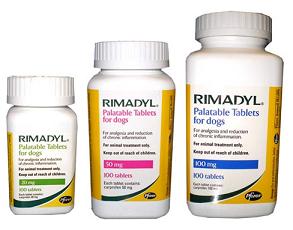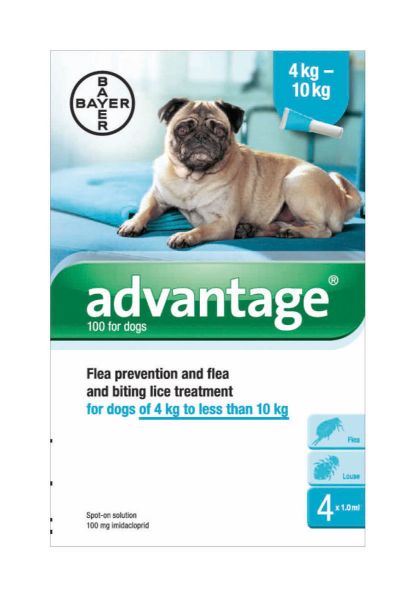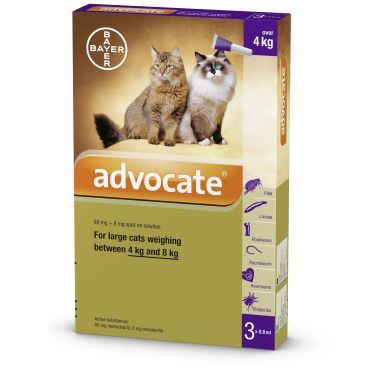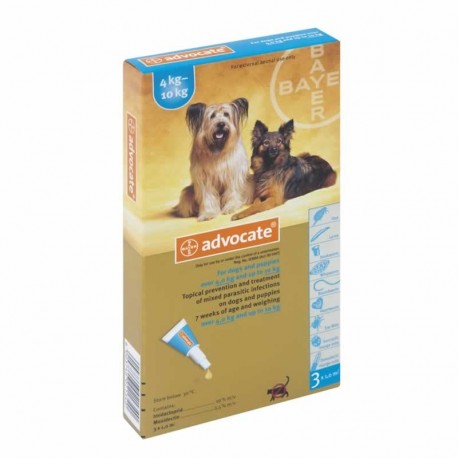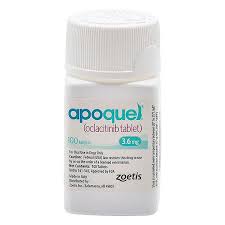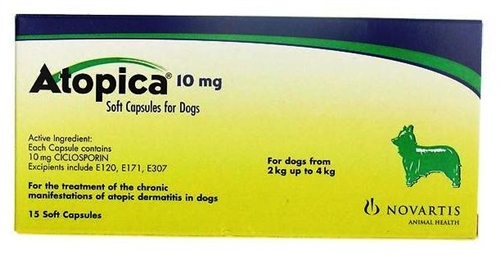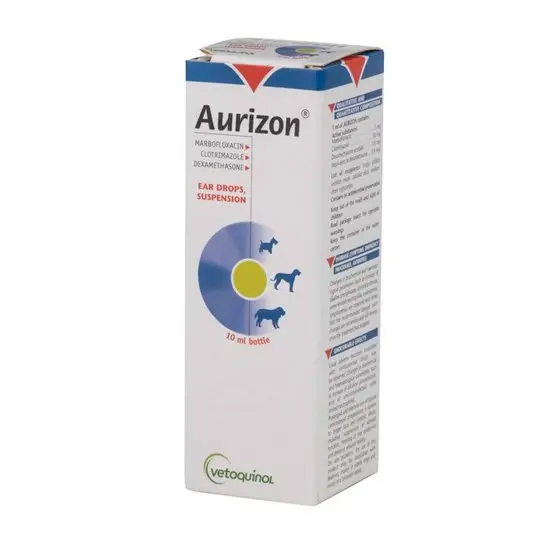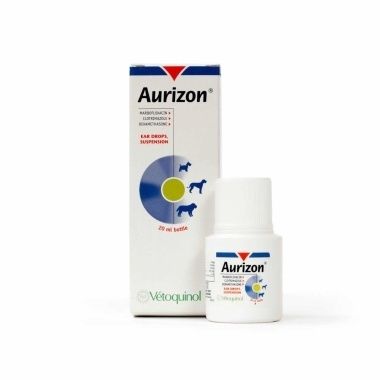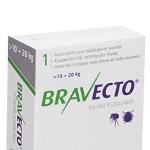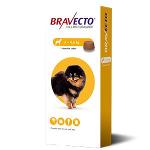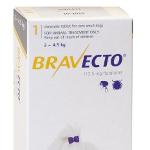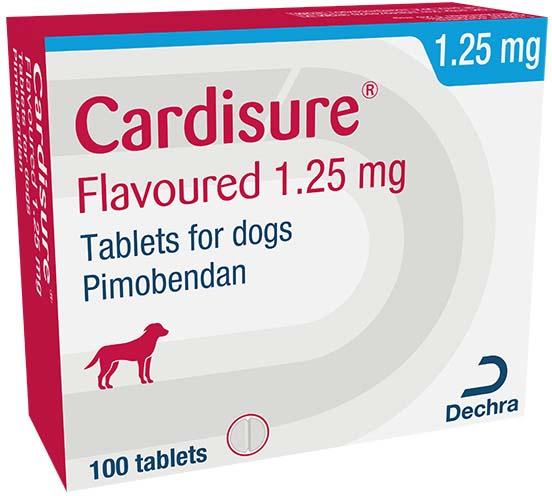Rimadyl Palatable Tablets 20 mg, 50 mg & 100 mg Species: Dogs Therapeutic indication: Pharmaceuticals: Neurological preparations: Analgesics, Pharmaceuticals: Anti-inflammatory preparations: Oral: Other NSAIDs, Pharmaceuticals: Locomotor (including navicular and osteoarthritis) Active ingredient: Carprofen Product:Rimadyl® Palatable Tablets for dogs Product index: Rimadyl Palatable Tablets Presentation Rimadyl Palatable Tablets for dogs are square light brown tablets scored down the middle containing as active ingredient either 20 mg, 50 mg or 100 mg carprofen. Uses For analgesia and reduction of chronic inflammation, for example in degenerative joint disease of the dog. Rimadyl Palatable Tablets can also be used in the management of post-operative pain in dogs. Dosage and administration For oral administration. The tablets are palatable and are willingly consumed by most dogs when offered. An initial dose of 2 to 4 mg carprofen/kg bodyweight/day is recommended to be given as a single dose or in two equally divided doses. Subject to clinical response the dose may be reduced after 7 days to 2 mg carprofen/kg bodyweight/day given as a single daily dose. To extend analgesic and anti-inflammatory cover post operatively, parenteral therapy with Rimadyl Small Animal Injection may be followed with Rimadyl Palatable Tablets at 4mg/kg/day for up to 5 days. Duration of treatment will be dependent upon the response seen. Long term treatment should be under regular veterinary supervision. Contra-indications, warnings, etc Typical undesirable effects associated with NSAIDs, such as vomiting, soft faeces/diarrhoea, faecal occult blood, loss of appetite and lethargy have been reported. These adverse reactions generally occur within the first treatment week and are in most cases transient and disappear following termination of the treatment but in very rare cases may be serious or fatal. If adverse reactions occur, use of the product should be stopped and the advice of a veterinarian should be sought. The elimination time of NSAIDs, including carprofen, in the cat is longer than in the dog and the therapeutic index is narrower. In the absence of specific data the use of Rimadyl Palatable Tablets in the cat is contra-indicated. Do not exceed the stated dose. Do not administer other NSAIDs concurrently or within 24 hours of each other. Some NSAIDs may be highly bound to plasma proteins and compete with other highly bound drugs, which can lead to toxic effects. Do not use in dogs suffering from cardiac, hepatic or renal disease, where there is a possibility of gastro-intestinal ulceration or bleeding, or where there is evidence of a blood dyscrasia or hypersensitivity to the product. As with other NSAIDs there is a risk of rare renal or idiosyncratic hepatic adverse events. Use in dogs less than 6 weeks of age, or in aged dogs, may involve additional risk. If such use cannot be avoided, such dogs may require a reduced dosage and careful clinical management. Avoid use in any dehydrated, hypovolaemic or hypotensive dog, as there is a potential risk of increased renal toxicity. Concurrent administration of potential nephrotoxic drugs should be avoided. In the absence of any specific studies in pregnant bitches, such use is not indicated. NSAIDs can cause inhibition of phagocytosis and hence in the treatment of inflammatory conditions associated with bacterial infection, appropriate concurrent antimicrobial therapy should be instigated. Due to the palatable nature of the tablets, store in a secure location. Severe adverse reaction may occur if large quantities are ingested. If you suspect your dog has consumed Rimadyl Palatable Tablets above the labelled dose, please contact your veterinarian. There is no specific antidote for carprofen overdosage but general supportive therapy, as applied to clinical overdosage with NSAIDs should be applied. In the event of accidental ingestion of the tablets, seek medical advice and show the doctor what has been taken. Wash hands after handling the product. Pharmaceutical precautions Do not store above 25°C. Store in a dry place. Protect from light. Any unused product or waste materials should be disposed of in accordance with national requirements. Keep out of the sight and reach of children. For animal treatment only. Legal category Legal category: POM-V Packaging quantities Containers of 14, 30 or 100 tablets x 20 mg, 14, 30 or 100 tablets x 50 mg, 14, 30 or 100 tablets x 100 mg. Not all pack sizes may be marketed. Further information Following repeated therapeutic dosing for 8 weeks, carprofen has been shown to have no detrimental effect on chronically arthritic canine cartilage in a model of canine osteoarthritis. In addition, therapeutic concentrations of carprofen have been demonstrated (in vitro) to increase proteoglycan synthesis in chondrocytes from canine arthritic cartilage. Stimulation of proteoglycan synthesis will narrow the difference between the rate of degeneration and regeneration of cartilage matrix resulting in a slowing of the progression of cartilage loss.

